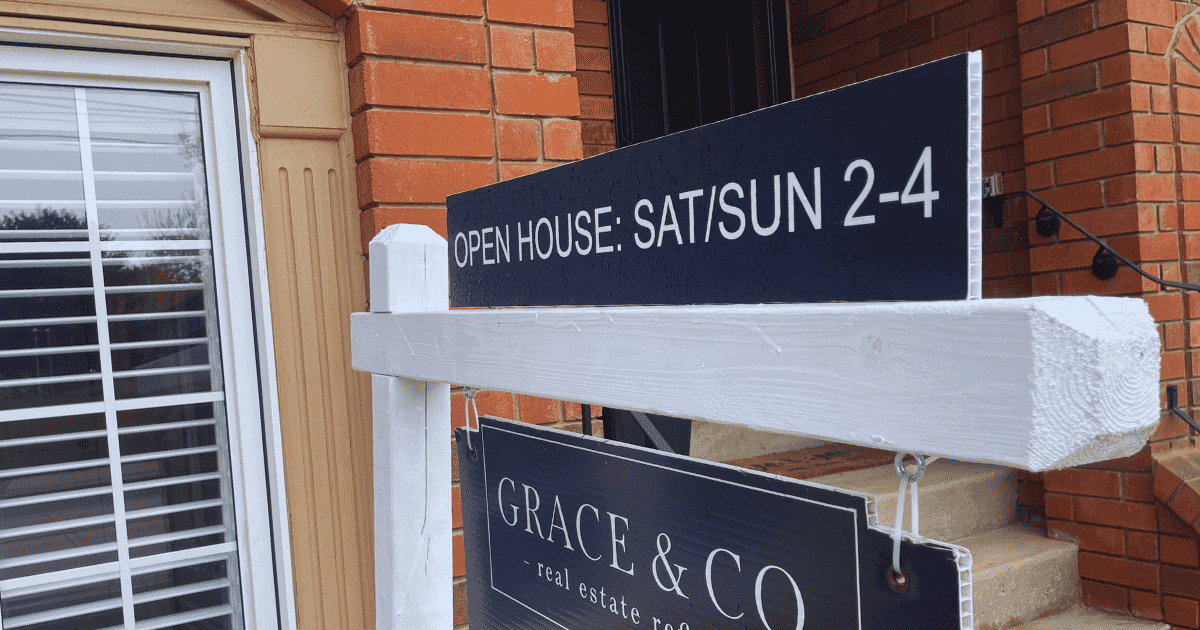Hong Kong (Canva)
Word is that during China’s property boom, real estate companies were gifting Mercedes-Benzes to salespeople as bonuses.
That’s over. Today, agents in China are struggling, despite the country having the world’s largest real estate market, one of the top economies, a relatively low cost of living compared to western societies, and a homeownership rate that’s among the highest on the planet.
The burst of the housing bubble
Following a decades-long era of galloping urban development and speculative frenzy, China’s housing market began an epic crash-and-burn several years ago, sparked by the pandemic and the collapse of mammoth property developer the Evergrande Group and others. Today the Chinese-Communist-Party-led republic is reportedly facing a landscape of parked construction cranes and abandoned half-finished high-rises. Massive developer debt and loan default have spun off into excess inventory, plunging property values and sales, falling rents, and shattered consumer confidence.
You get the picture. The housing bubble burst.
“Buyers and sellers are testing each other’s boundaries,” says Bingley Liew, a senior consultant with Century 21 China.
That’s putting it mildly.
Government measures and ongoing challenges
A flurry of recent government support measures designed to address the slump has sparked a flicker of hope, experts say. But there’s no shortage of continuing hurdles, many of which we Canadians can identify with.
The aging population. The income gap. Young buyers locked out of the market. The disconnect between wages and housing costs. Staggering price-to-income ratios in mainland China’s teeming ‘top tier’ cities like Beijing and Shanghai, which are among the most competitive real estate markets in the world. (China’s city tier system, popularized by the media, unofficially categorizes a city’s standing in the market, with tier 1 cities being the most desirable and expensive.)
Let’s not forget Hong Kong, long dubbed “the most impossibly unaffordable city in the world” by analysts. And not to mention Trump’s tariffs (sigh), and whatever fresh hell they could unleash.
Changing attitudes toward home ownership
Startlingly, there’s even a wind change around home ownership itself.
Real estate launched hundreds of millions of Chinese from poverty into the middle class over the past few decades. But now, in a country where property ownership holds deep cultural clout and has been viewed as the ultimate mark of success, younger generations are under pressure and “re-considering their options,” according to reports in media sources such as Diplomat magazine, which covers news across the Asia-Pacific.
Formerly so essential it was widely considered a prerequisite for marriage, increasingly potential buyers are wondering if purchasing a home is worth the risk. Low-tier cities are said to be struggling more than the resilient top tier. With apartment inventory at a historic high, a resolve may take years.
Unique aspects of China’s real estate market
Not for lack of trying. China is a one-off, unique. Its push to advance and innovate is formidable, although any number of cultural norms there are foreign to us – among them social controls, censorship, and the government mass surveillance which American whistle-blower Edward Snowden called “utterly mind-boggling.”
Land there remains state-owned. Private ownership was only really introduced in China in 1998, explains Harry Lu, CEO of Century 21 China. Rather than owning property outright, urban residential buyers get land-use rights for 70 years.
But “people here are not very concerned about this,” Lu asserts. The expectation is that buyers’ titles will be renewed and/or otherwise handled in a way that will “maintain social stability and a healthy market.”
On occasion, the state expropriates land for development. As you’d expect, despite compensation this can lead to disputes.
Regulatory environment and industry practices
Chinese investors have been strikingly active in overseas markets, including of course our own (although they’re now coming up against tighter foreign buyer restrictions). The domestic market in China though is highly focused on local demand, according to Lu.
“Foreign buyers face significant restrictions in owning property here.”
While the industry in China is heavily regulated, getting into the business is surprisingly easy, says Lu. Agents (the term Realtors isn’t used in China) must register with local housing authorities, but there are no standardized mandatory training or licensing requirements. There’s also no MLS system in China, although there are listing apps and some information sharing between big brands.
During high times there’s an influx of agents eager to take advantage of what they perceive as easy money, observes Lu. “Even now, many people believe China has far more agents than necessary.” The numbers contribute to it being a competitive job with “long irregular hours.”
Demographics and cultural influences
Unlike in Canada, the majority of agents there are young and tech-savvy, with the average age being under 30, Lu maintains. Commission payment models are customary, although most brokerages “still offer new agents a base salary.” Practices vary, but with resale, it’s common for agents to represent both the buyer and seller, who then may split commission costs (2 to 3 per cent) between them.
Agents navigate complex policy changes and purchase restrictions. Success often depends on strong relationships and networking (guanxi). In Chinese culture, this is reflected in the importance of ‘face,’ which Jan Repa, ReMax area vice president for global development, explains revolves around being mindful of a client’s reputation, dignity and social standing.
“Maintaining and giving face is crucial,” says Repa. This can involve anything from showing respect for status to avoiding actions that could cause clients embarrassment, such as public criticism or direct confrontation.
“Chinese negotiators often use indirect communication to preserve face. This might involve subtle hints or non-verbal cues rather than direct statements,” continues Repa. Establishing strong relationships often also involves some friendly carousing, “like dinners or informal meetings.”
Market dynamics
China is “policy-driven, relationship-focused, and tech-heavy,” sums up Nathan Yang, regional director for ReMax Shanghai. “Government involvement in China’s real estate market significantly impacts agents and the market differently than in Canada.”
A notable spinoff is that in tech-industry-focused cities like Shenzhen, policies may favour certain buyers (tech experts) “creating niche markets for agents,” says Yang.
Agents in China don’t universally have a good reputation, he adds. As in North America, the field attracts a certain amount of mistrust and concern around lack of transparency. Yang notes that reputable domestic mega-firms like Lianjia and Beike “are working to improve standards” and build trust across the industry.
Susan Doran is a Toronto-based freelance writer who has been contributing to REM since its very first issue.














Let’s compare Japan next, then Britain and then Germany
Land Titles systems, 20yr recent price and sales ups and downs etc
Might be a 20 part series